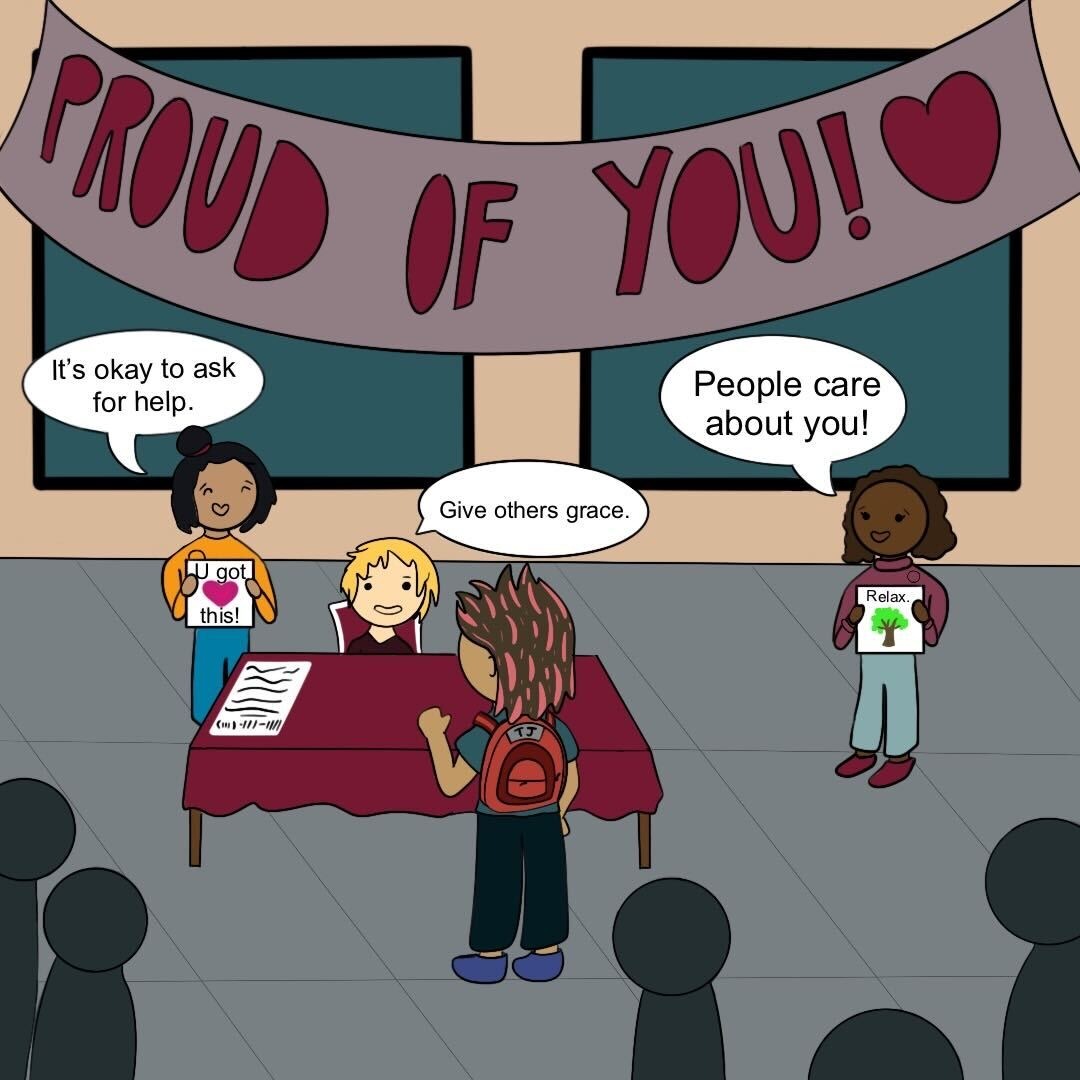Sex is extremely common when young adults enter college.
In 2018, about 66% of college students were sexually active, and that is not concerning. The concern is that nearly 50% of diagnoses for new sexually transmitted diseases are among people aged 15-24 years.
People do not realize they are in a life or death situation when they fail to discuss the potential outcomes of sex, especially if they are sexually active with strangers. College students should normalize getting tested for STIs and STDs every three to six months, as well as transparency with their partner about test results to reduce the chances of catching a disease.
It is no secret that Texas State is known as a “party school.” Often where there are parties, there is also sex, and it is usually among strangers. 50% of college students will get an STI or STD in their lifetime, making it more than necessary to use condoms when having sex. Although it might not feel comfortable, condoms are 98% effective at protection against STDs.
If students want to engage in consensual sex with a stranger, they should use protection or be open about their sexual history, especially since one cannot tell if someone carries an STI or STD based on looks.
Chlamydia and gonorrhea, for example, are two of the most common bacteria reported in the U.S. However, some people do not show symptoms. It is not likely for individuals to begin taking preemptive measures due to these STIs.
Some people might not find these diseases or infections concerning because the diseases are not always life-threatening. Nevertheless, some STIs and STDs that come from sex can stay with a person for a lifetime.
For example, Human Papillomavirus (HPV) is the most common STD among college students. There is medication available to reduce warts and cold sores; however, there is no cure for the virus. One would have to depend on medication for the rest of her, his or their life.
Medication dependency to control a sexually transmitted disease can impact a college student’s life. For instance, the creams or pills taken to diminish warts would serve as a constant reminder of an avoidable mistake. One may begin to feel “less than” and get distracted from their schoolwork due to dwindling mental health and self-confidence.
Admittedly, there are diseases and infections one can catch from a simple kiss. When one is in the moment with a person, she, he or they does not realize the danger. This is precisely why students should not hesitate to talk about the possible risks of sex.
It is common to feel embarrassed or nervous about the health consequences that can come from having sex. But it shows courage when one is responsible.
There is more to sex than creating life. Sex is a beautiful way of expressing love and intimacy, building closer ties with a significant other and feeling pleased. College students should normalize talking about STIs and STDs. Talking to one another about the risks of sex may save a person’s life.
– Sofia Julbe is a psychology junior
The University Star welcomes Letters to the Editor from its readers. All submissions are reviewed and considered by the Editor-in-Chief and Opinion Editor for publication. Not all letters are guaranteed for publication.
Opinion: College students should normalize talking about STIs and STDs
Sofia Julbe, Opinion Contributor
September 1, 2020

Safe Sex
0
Donate to The University Star
Your donation will support the student journalists of Texas State University. Your contribution will allow us to purchase equipment and cover our annual website hosting costs.
More to Discover










